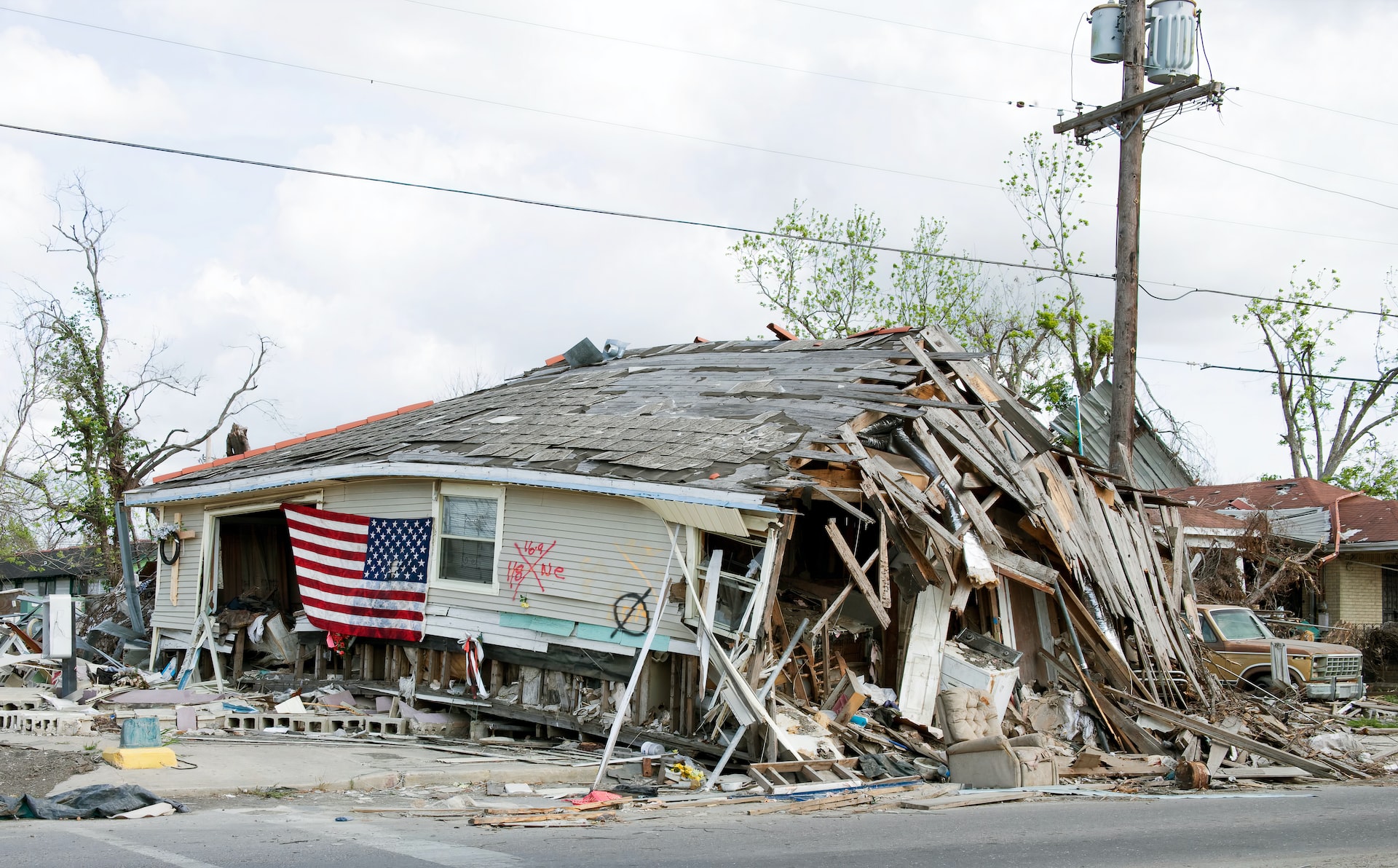Skift Take
Strikes, acts of terrorism, or extreme weather, as demonstrated this week by the wrath of Hurricane Ian, are potential disruptors when a group gathers. What can cities do to help event planners when disruption hits?
Hurricane Ian carved a path of extreme destruction across Florida and is now headed to Georgia and the Carolinas. It has left catastrophic damage in its wake and led to hundreds of meetings, events, and conventions to cancel.
Although the fury of this hurricane left planners no option but to cancel with the safety of attendees, exhibitors, and their own people in mind, there are contingency plans that all gatherings should have.
“Cities with climate adaptation or resilience plans may be better prepared to deal with extreme weather that can impact events,” said Shawna McKinley, Principal at Clear Current Consulting.
A destination management organization (DMO) is a powerful point of contact when the unexpected occurs. Visit Florida has posted pages of resources for all impacted by Hurricane Ian.
The UK had to set elaborate plans into motion this month when the passing of Queen Elizabeth II set into motion ten days of mourning, leaving much of London paralyzed. “How we learn from challenging situations is essential. To make sure we’re ready in case they or something similar happens again,” said Tracy Halliwell, Director of Tourism, Conventions and Major Events for London at London & Partners.
Future requirements must also be considered. Planners are pushed for increasingly sophisticated solutions which go beyond the event. Legacy development and sustainability criteria play important roles in the selection of cities by planners. And in this, there could be tangential benefits when dealing with energy issues.
Tourist boards like London & Partners and DMOs are expanding their roles in many directions aligning with government and community organizations to support initiatives designed to improve the quality of life and elevate the destination beyond brand beyond a tourism lens.
“Destination organizations are increasingly having a bigger seat at more tables in order to influence policy and contribute to long-term solutions beyond the visitor economy,” said Jack Johnson, Chief Advocacy Officer at Destinations International.
Collaboration is Critical
Keeping abreast of what is happening in the geopolitical, social, and environmental landscapes to stay as risk vigilant as possible is crucial.
DMOs are the planner’s eyes and the ears on the ground. Their insights help ensure risk reduction at events. However, planners who do not work with DMOs or convention bureaus may miss vital local knowledge.
To deal effectively with risks, all parties need to work together. Intelligence shared enables cities, planners, and venues to deal with challenges, whether they come in ten minutes or ten years.
Advance Planning
The adage tells us that prevention is better than cure; when a crisis hits, it is often too late. However, Tina Jolliffe, project director at Consort Insurance, believes that a proactive risk mindset will help planners deal with unexpected issues.
Effective planning must include making the most of human and tech resources. For example, discovering that a demonstration is coming to the city could mean revising your plans to have security guards. This would be good for crowd control and an effective way to reduce criminal damage and theft.
Technology can provide crucial information when assessing risk. For example, companies like RiskEye track social media sentiment to allow organizations to see in real time how they are perceived online.
“As a host destination, our job is to pre-plan as much as possible and try to anticipate and plan for any potential eventualities,” said Halliwell.
Planning for the unexpected in advance is critical. The aim should be to overcome the obstacles without impacting the attendee experience.
“Destinations that go beyond knowing who the local players are and having consistent communication chains in place with existing disruption taskforces or committees can greatly expedite the conversations around logistical pivots, redirected routing or permitting,” said Emily Scheiderer, director of education, sales and services at Destinations International.
Preparing for every scenario is ideal, but there will be times when this is impossible. When unexpected issues arise, getting accurate information, gathering the right people, and managing the community and communications are crucial.





